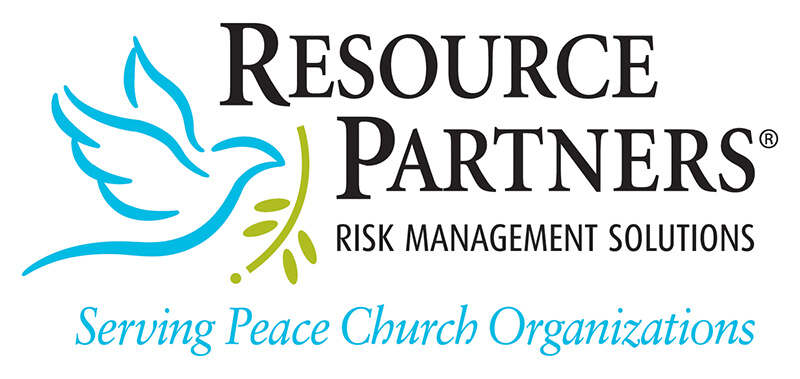Nonprofits and Insurance Considerations
The size and operations of Nonprofits will vary from one organization to the next as does the geographical footprint, size of staff, types of equipment, and annual budget. But certain aspects are common to all organizations and will require the purchase of commercial insurance. As a nonprofit organization, it is extremely important to protect all of assets, including human assets.
Ø DIRECTORS & OFFICERS (D&O)/Employee Practices Liability
The Directors & Officers liability coverage is as important to Nonprofit organizations as it is for corporations, maybe even more so. Nonprofit organizations typically receive funding through donations and maintain a tax-exempt status; all are held under extra scrutiny regarding how they spend money as well as how they manage their employees. This coverage will protect the personal assets of director and officers and their spouses, in the event they are personally sued by employees, vendors, donors or other parties, for actual or alleged wrongful acts in managing the organization.
It responds to allegations of negligence in leadership of fiduciary obligations, complaints of harassment, and discriminatory practices. This type of policy will help protect your organization from having to pay expensive legal fees that come with defending claims. Careful review of all policy terms and conditions are warranted to make sure that the scope of coverage and all exclusions are understood.
Ø General Liability Insurance
General Liability is a type of insurance policy that provides coverage to an organization for bodily injury, personal injury and property damage caused by the organization’s operations and products or injuries that occur on the business’s premise. Nonprofit organizations should also look into both professional liability and sexual abuse liability insurance.
General Liability coverage is particularly important because when you seek funding or want to work with another organization, you may have to submit documentation for proof of insurance.
Ø Workers Compensation or Accident
The potential for employees to be injured on the job is always present. Workers Compensation offers employees compensation for injuries or disabilities sustained as a result of their employment.
Having your organization insured to pay for their both medical expenses and disability and may add a level of comfort to your employees. This is an absolute must-have since general liability coverage will not cover these expenses. And once an employee accepts workers compensation benefits, they waive their rights to sue their employer.
Ø Property Insurance
Most Nonprofits use their property as the base of operations which makes it even more important to have it insured. Fire, vandalism, bursting of pipes, and windstorms could completely damage your property and could potentially close operations for an extended period of time.
But again, make sure your coverage plan includes all your necessities because some policies exclude things such as vandalism, which can easily be added by endorsement.
Ø Auto Insurance
If your organization owns vehicles or utilizes others modes of transportation, an auto policy is a must. If you do not own vehicles but an employee drives their personal auto to complete a business task, your organization has an Auto exposure. If they cause an accident, the injured party can sue your organization for expenses related to the incident. This also applies if your employee rents or borrows an auto to complete that task. Properly structured hired and non-owned auto coverage will safeguard the vehicles that you are using for the activities related to your nonprofit and protect you from potential lawsuits.
Ø Cyber Liability
This particular policy has been receiving a lot of attention lately due to the pandemic and the sudden influx of employees working from home. In many cases organizations were not prepared with safeguards to protect their data and information. Increases in data breaches are on the rise. Nonprofits may not have sufficient funds to invest in cyber security which makes them more vulnerable.
If your organization happens to be a victim of one such incident, you can leverage your cyber liability coverage to reimburse for expenses related to forensic investigations, crisis management and cyber extortion depending on your level of customization.
Ø Employee Dishonesty
This is probably one of the strangest areas that insurance can cover. Dishonesty coverage helps you with the funds that are stolen from your organization by an employee.
Usually in order to get approved for this coverage, carriers require certain risk management protocols to be put into place. These protocols can in turn prevent thefts from ever happening and saves your organization from the embarrassment of dealing with distrustful individuals.
This is just a brief outline of all the threats that you could face as a nonprofit organization. Resource Partners is here to help guide you with all your risk management questions and insurance solutions.




